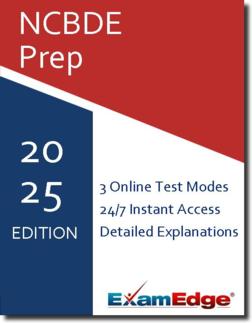The National Certification Board for Diabetes Educators (NCBDE) is an independent organization that offers voluntary certification to health professionals involved in teaching patients about diabetes management. The certification confirms that these professionals meet the national standard for what is considered necessary knowledge in diabetes education.
Step 1: Eligibility and Application
To take the NCBDE certification exam, you must first meet eligibility requirements. You must be a licensed healthcare professional, have a minimum of 2 years of professional practice experience, and have at least 1000 hours of diabetes self-management education. Once you meet these requirements, you can apply for the exam on the NCBDE website.
Step 2: Scheduling the Exam
Once your application is approved, you will receive an Authorization to Test (ATT) letter. This letter will provide you with instructions on how to schedule your exam. The exams are offered at various testing centers across the United States and can also be scheduled online.
Step 3: Taking the Exam
The exam consists of multiple-choice questions and can take up to four hours to complete. It covers a variety of topics related to diabetes education, including pathophysiology, pharmacotherapy, monitoring, and complications.
The NCBDE's website is https://www.cbdce.org/, where you can find more detailed information about eligibility, application, and scheduling processes. The website also provides study guides and other resources to help you prepare for the exam.
Please note that due to COVID-19, some testing centers may have restrictions or may not be operating at full capacity. It's recommended to check the NCBDE website or contact the testing center directly for the most current information.
NCBDE Certified Diabetes Educator® (CDE®) Exams
The Certified Diabetes Educator (CDE) certification test is a comprehensive exam for healthcare professionals who specialize in diabetes education. It evaluates their knowledge and skills in areas such as diabetes prevention, management, and education. The test consists of multiple-choice questions covering topics like pathophysiology, nutrition, exercise, medications, monitoring, and psychosocial aspects of diabetes. Successful completion of the exam demonstrates the professional's competency in providing high-quality care to people with diabetes, and it is often required for roles in diabetes education and management.
Interventions for Diabetes and Prediabetes - 52%
Disease Management - 15%


